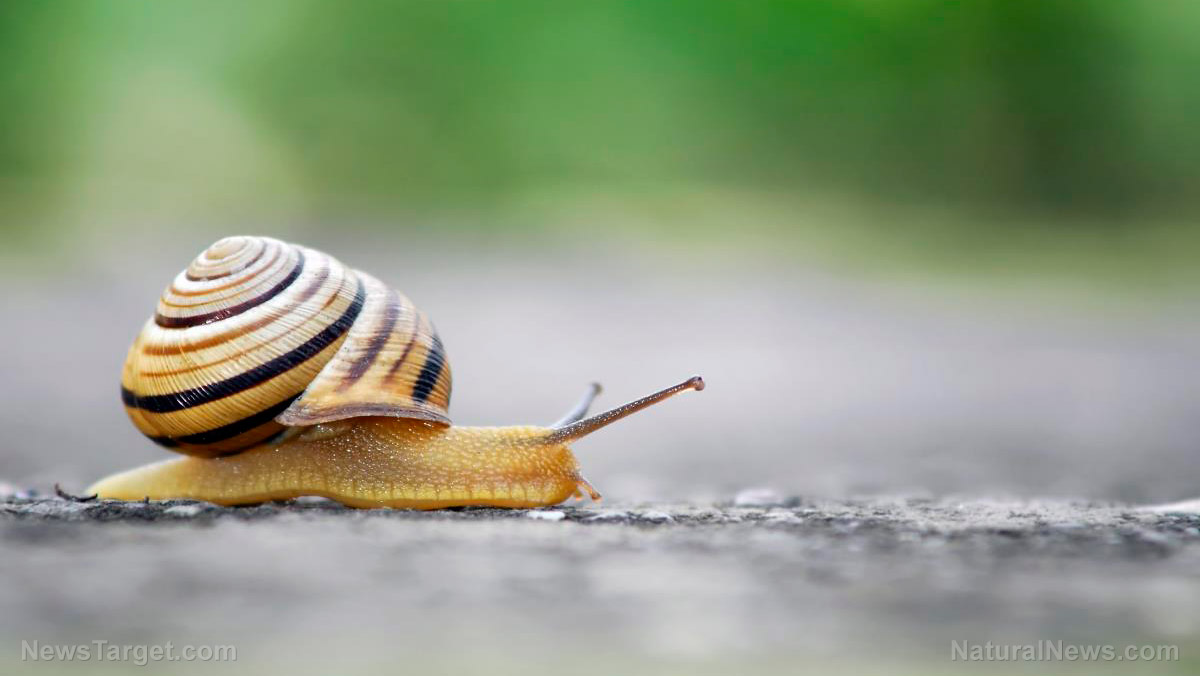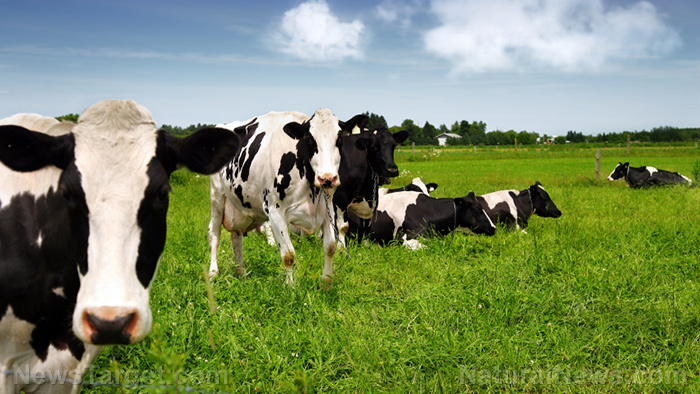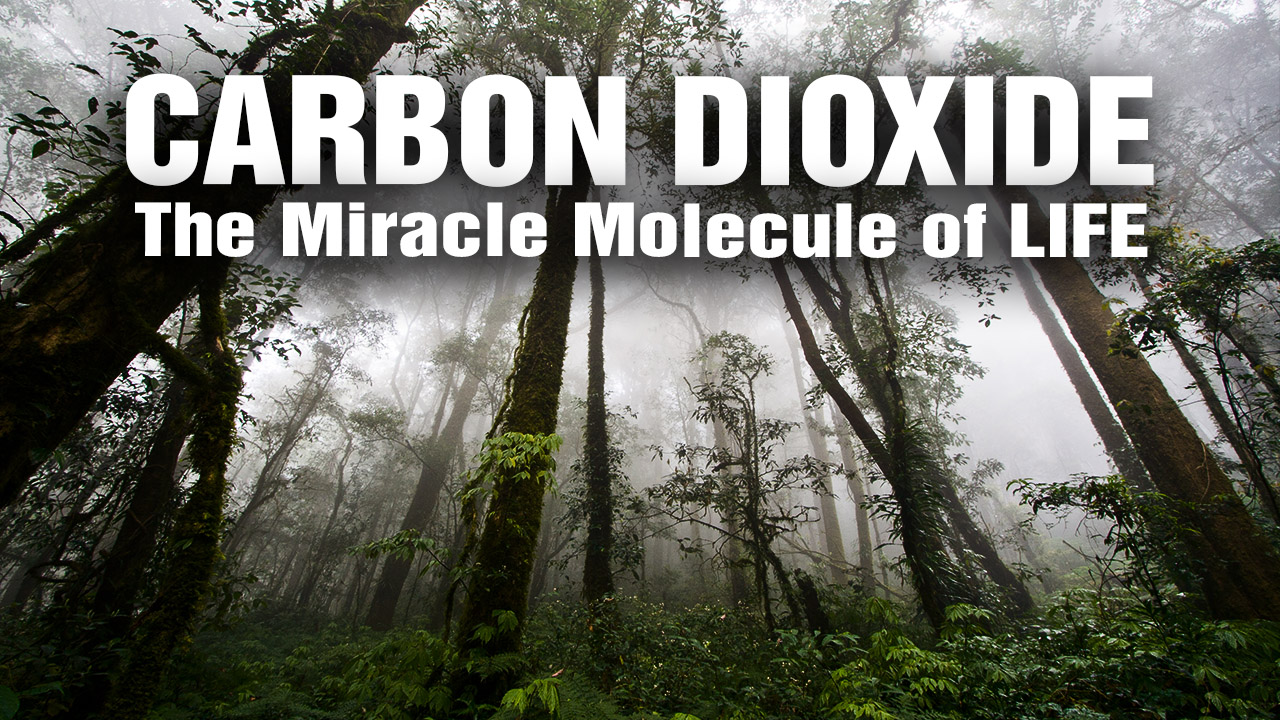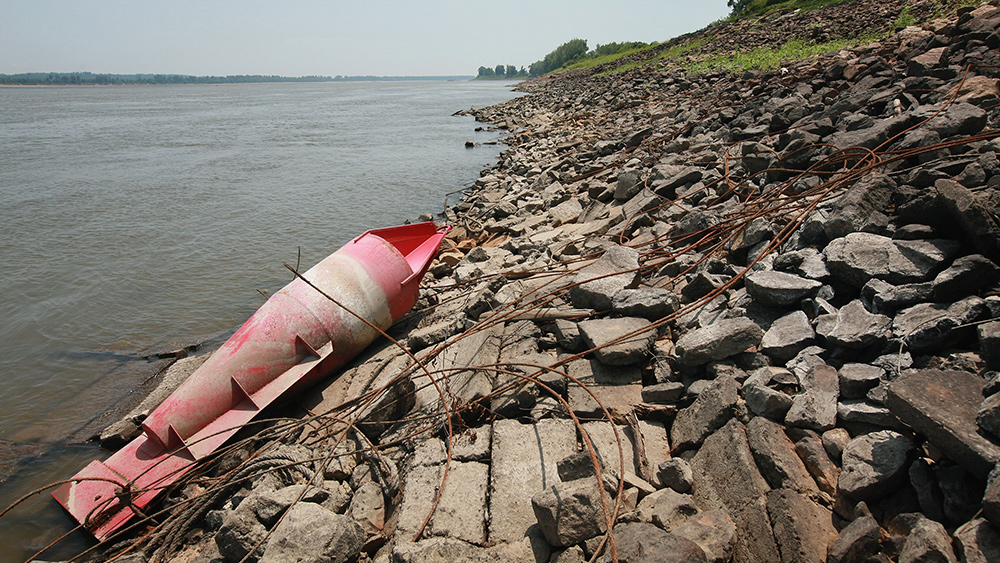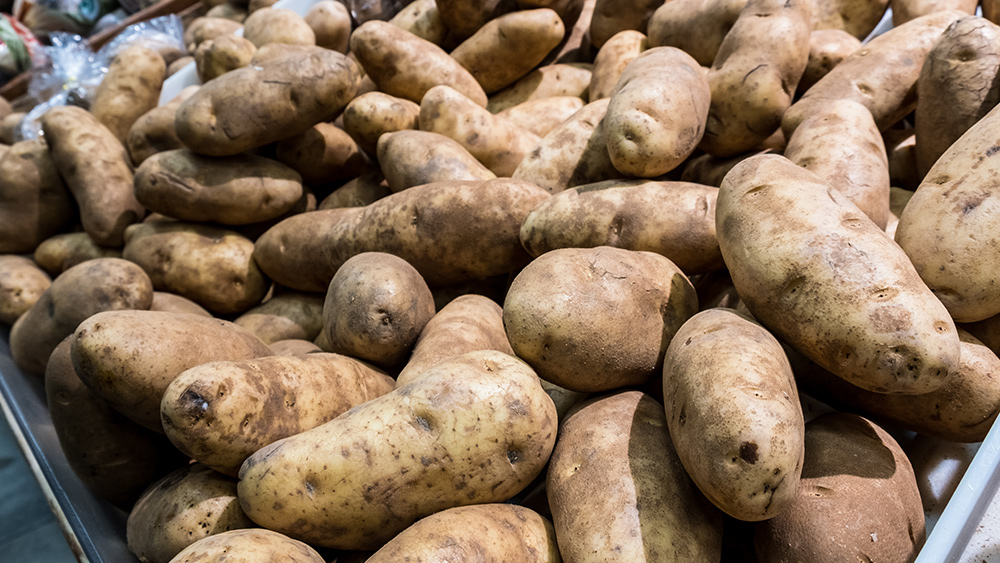Report: Organic farming yields 40% more crops than conventional farming during drought
12/09/2022 / By Belle Carter
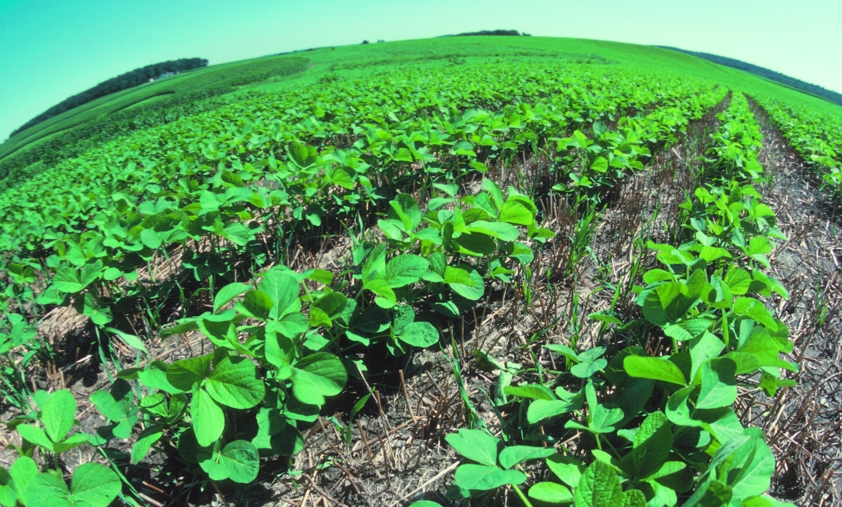
A recently released report that took four decades to complete has shown that organic farming produced 40 percent more yields during stressful drought periods compared to conventional farming.
The Rodale Institute’s “Farming Systems Trial” is the longest-running investigation that compared organic and conventional grain-cropping approaches in North America. (Related: How shifting to organic farming could help rural America rebound from economic disaster.)
Organic farming does not leak toxic compounds into nearby waterways, uses 45 percent less energy and emits 40 percent less carbon into the atmosphere than conventional farming.
According to the report, switching to a regenerative food system could provide sufficient food for the world’s population, reduce chemical exposures and improve biodiversity. It has also indicated that yields for the organic approach become competitive with those of conventional systems after a five-year transition period.
The trial measured differences in soil health, energy efficiency, crop yields, water use and contamination and nutrient density across test plots of grains grown in organic and conventional systems. The grains were the main focus of the study as they represented 70 percent of U.S. crops. These were planted on 72 experimental plots and applied organic manure, organic legume and conventional synthetic.
Organic manure represented a typical organic dairy or beef operation. It featured long rotations of annual feed grain crops and perennial forage crops fertilized through legume cover crops and periodic applications of composted manure and used diverse crop rotations as the primary defense against pests.
Organic legume, on the other hand, represented a typical cash grain operation. It featured mid-length rotations of annual grain crops and cover crops, deployed leguminous cover crops as the sole fertilizers and used crop rotations as pest defense.
Conventional synthetic, representing a typical U.S. grain-producing enterprise, used synthetic nitrogen fertilizer and controlled weeds with synthetic herbicides as recommended by the Penn State University Cooperative Extension.
The Rodale Institute explained that short-term studies, conducted only within a few years, won’t be able to measure longer-term weather effects like drought.
“This [drought] will inevitably occur. Or biological changes to the soil can happen slowly. We need long-term studies to find real solutions to problems affecting the future of global food production,” it pointed out.
Trial results highlight the dangers of using synthetic pesticides and fertilizers
Beyond Pesticides, a nonprofit organization headquartered in Washington, D.C., said the results of “Farming Systems Trial” are a welcome development.
“Many of those are related to the use of synthetic pesticides and fertilizers, and are showing up as degraded soils, biodiversity loss, widespread chemical pollution and compromised human and ecosystem health,” it said on its website.
“These toxic compounds also play a role in the exacerbation of the climate crisis. These realities challenge governments, institutions, businesses and human populations to change ‘business as usual.’ Yet we must change, and must influence decision-makers at every level and in every institution if we are to rescue the future of human life on the planet.”
Meanwhile, a group promoting the transition to regenerative food, farming and land management has issued a dire warning on the current rates of soil destruction via erosion, desertification, decarbonization and chemical pollution.
“Without protecting and regenerating the soil on our four billion acres of cultivated farmland, eight billion acres of pastureland and 10 billion acres of forest land, it will be impossible to feed the world, keep global warming below two degrees Celsius or halt the loss of biodiversity,” Regeneration International said in a statement.
OrganicFarming.news has more stories about the advantages of organic farming.
Watch the video below that talks about armed fed agents raiding an organic farm in Pennsylvania.
This video is from the Puretrauma357 channel on Brighteon.com.
More related stories:
Do you know the history of organic farming?
Deconstructing the 3 biggest LIES that attack organic farming.
Extensive study finds that organic farming can halt pollinator decline.
Will organic farming ever become mainstream? Maybe not in the way we expect.
Organic farming found to eliminate plant parasites longer than conventional chemical pesticides.
Sources include:
Submit a correction >>
Tagged Under:
agriculture, climate, conventional farming, drought, ecology, environment, Farming Systems Trial, food production, food supply, harvest, organic farming, organic produce, organics, real investigations
This article may contain statements that reflect the opinion of the author
RECENT NEWS & ARTICLES
WorldAgriculture.News is a fact-based public education website published by WorldAgriculture News Features, LLC.
All content copyright © 2022 by WorldAgriculture News Features, LLC.
Contact Us with Tips or Corrections
All trademarks, registered trademarks and servicemarks mentioned on this site are the property of their respective owners.








